When working with electrical components—especially adapters, plugs, or connectors—it's important to know how well they’re protected from the environment. That’s where Ingress Protection (IP) ratings come into play.
At AC WORKS®, many of our products carry an IP20 rating. But what exactly does that mean? And when is it important? Let’s break it down.
What Is an IP Rating?
An IP rating, short for Ingress Protection, is an international standard (IEC 60529) used to define how well an electrical enclosure resists solid objects (like dust or fingers) and liquids (like water). It’s represented by two numbers:
-
The first digit = protection against solids
-
The second digit = protection against liquids
So when you see something rated IP20, each number tells you something specific.
IP Rating Chart
|
IP Rating |
First Digit (Solids) |
Second Digit (Liquids) |
|
0X |
No protection |
— |
|
1X |
Protected against solid objects >50 mm |
— |
|
2X |
Protected against solid objects >12.5 mm |
— |
|
3X |
Protected against solid objects >2.5 mm |
— |
|
4X |
Protected against solid objects >1 mm |
— |
|
5X |
Dust protected (limited ingress, no harm) |
— |
|
6X |
Dust-tight (no ingress) |
— |
|
X0 |
— |
No protection |
|
X1 |
— |
Dripping water (vertical) |
|
X2 |
— |
Dripping water (15° tilt) |
|
X3 |
— |
Spraying water |
|
X4 |
— |
Splashing water |
|
X5 |
— |
Water jets |
|
X6 |
— |
Powerful water jets |
|
X7 |
— |
Immersion up to 1 meter for 30 minutes |
|
X8 |
— |
Continuous immersion beyond 1 meter |
|
X9 |
— |
High-pressure, high-temperature water (special use) |
Examples:
-
IP20 = Protected against fingers/objects >12.5mm, no water protection
-
IP44 = Protected against small objects and splashing water
-
IP67 = Dust-tight and protected from temporary immersion
What Does IP20 Mean?
Let’s break down IP20:
-
"2" (Solids): The device is protected against solid objects larger than 12.5 mm, such as fingers or tools.
-
"0" (Liquids): There is no protection against water.
So an IP20-rated product is safe to use indoors, where it won’t be exposed to splashing or dripping water. However, it's not suitable for wet or outdoor environments.
When Is IP20 the Right Choice?
Most of our adapters, connectors, and cords are designed for indoor use, such as:
-
Plugging into household or workshop outlets
-
Connecting appliances or tools in dry environments
-
Temporary or seasonal setups (like AC units, dryers, and EV chargers)
In these settings, IP20 is perfectly adequate. Just be sure to keep the product dry and off the floor to avoid accidental exposure to moisture.
What If You Need Water Resistance?
If you’re working outdoors, in garages, basements, or anywhere that might involve water exposure, look for products with higher ratings, such as:
-
IP44 – Protection from solid objects and splashing water
-
IP65/IP67 – Protection from dust and direct water jets or immersion
While we primarily focus on dry-location solutions, we can point you toward suitable alternatives or products that include weather-resistant features.
Final Tips from AC WORKS®
-
Read the IP rating before using any electrical product
-
Use outlet covers or enclosures when protection is needed in less-than-ideal locations. We’ve attached a heat wrap below that you can use to further protect your connections.
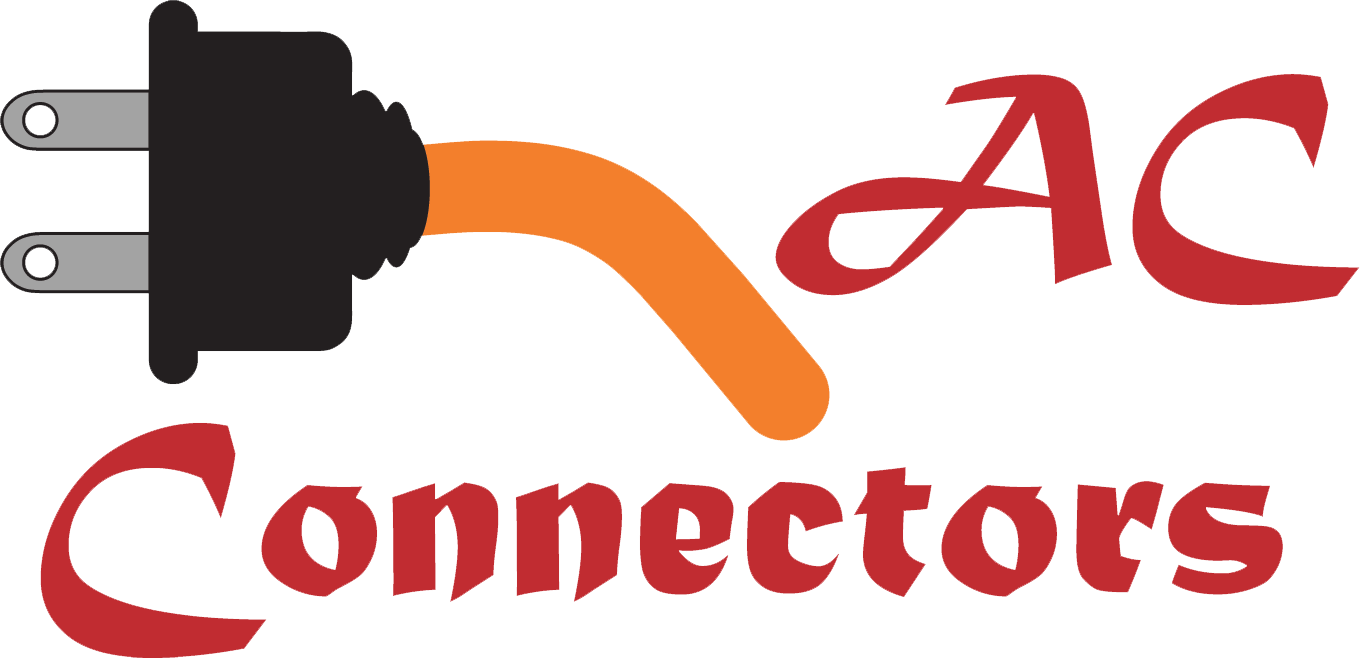
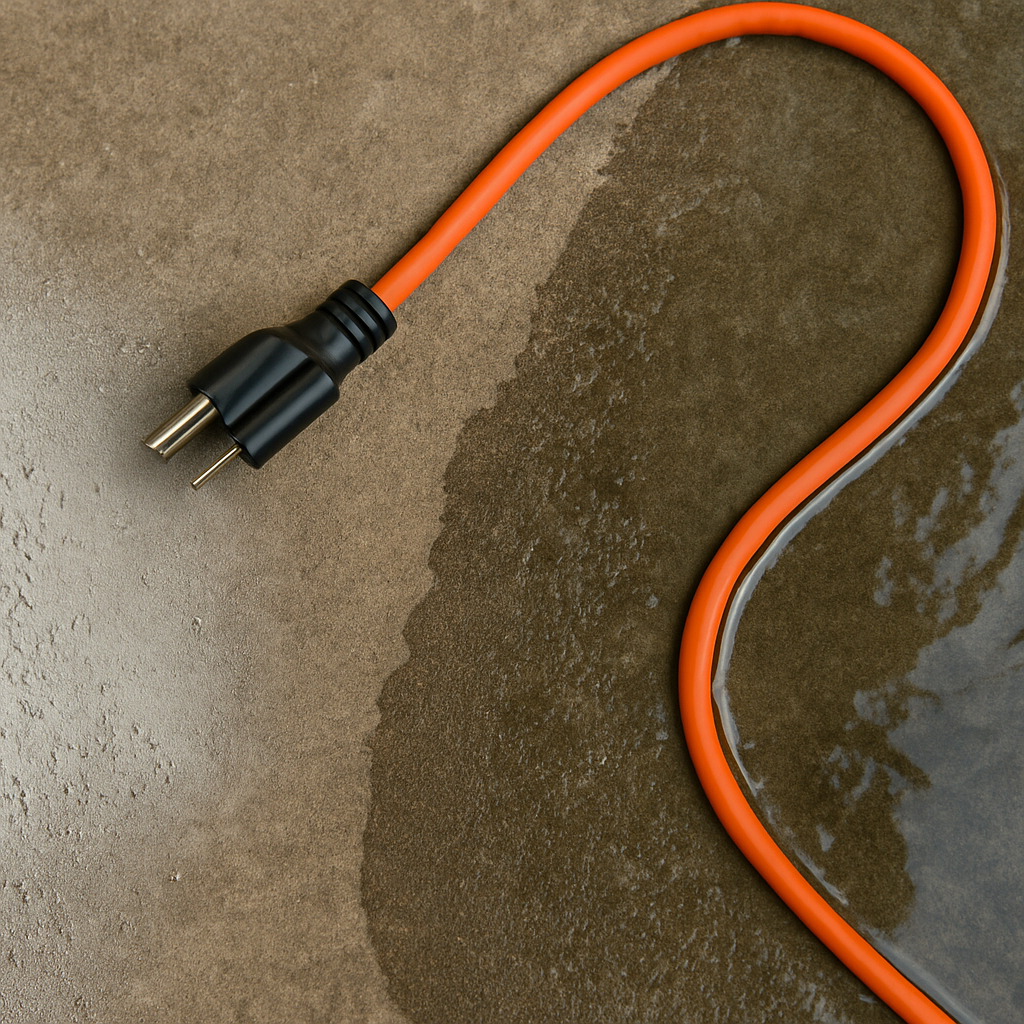
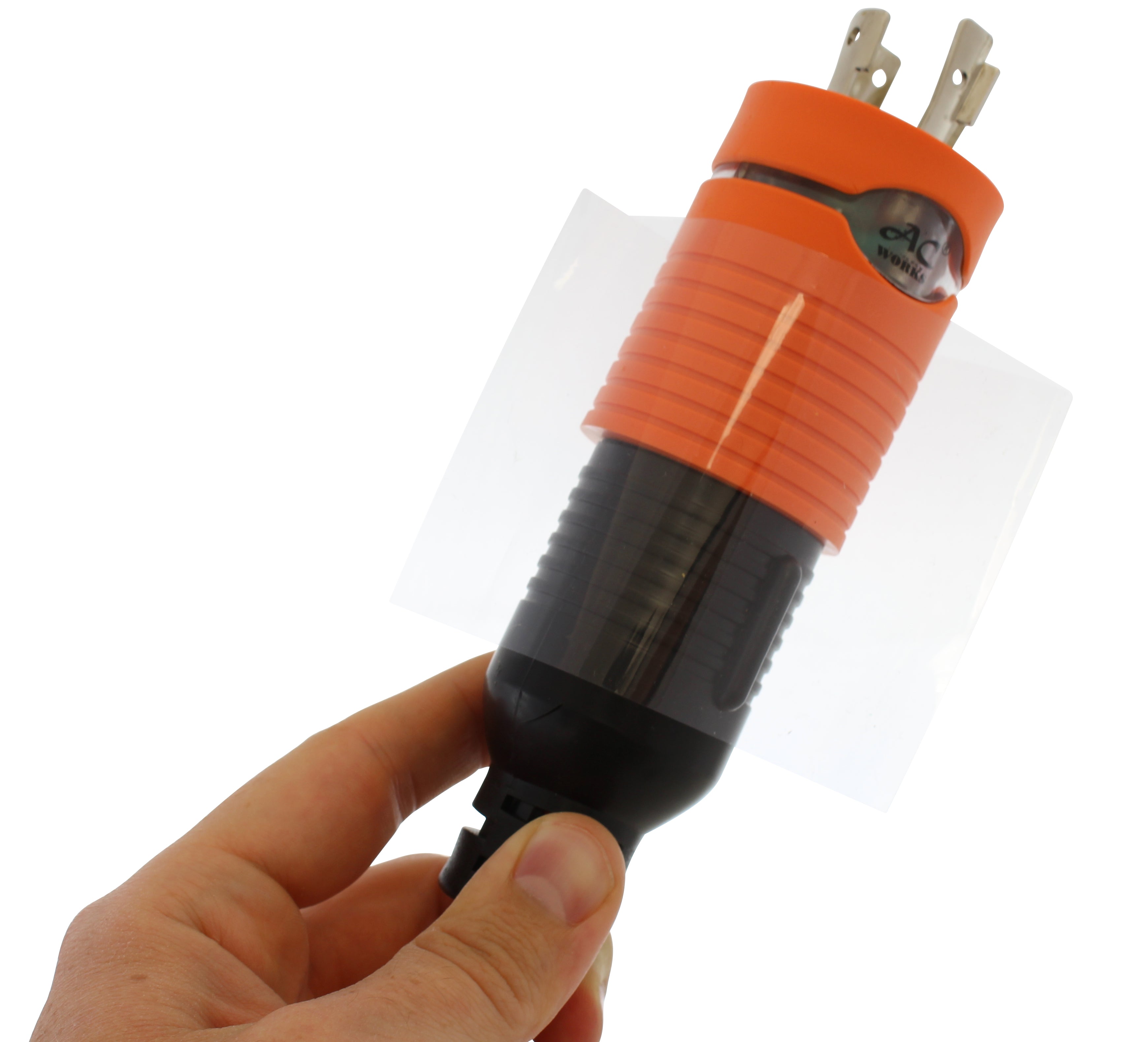
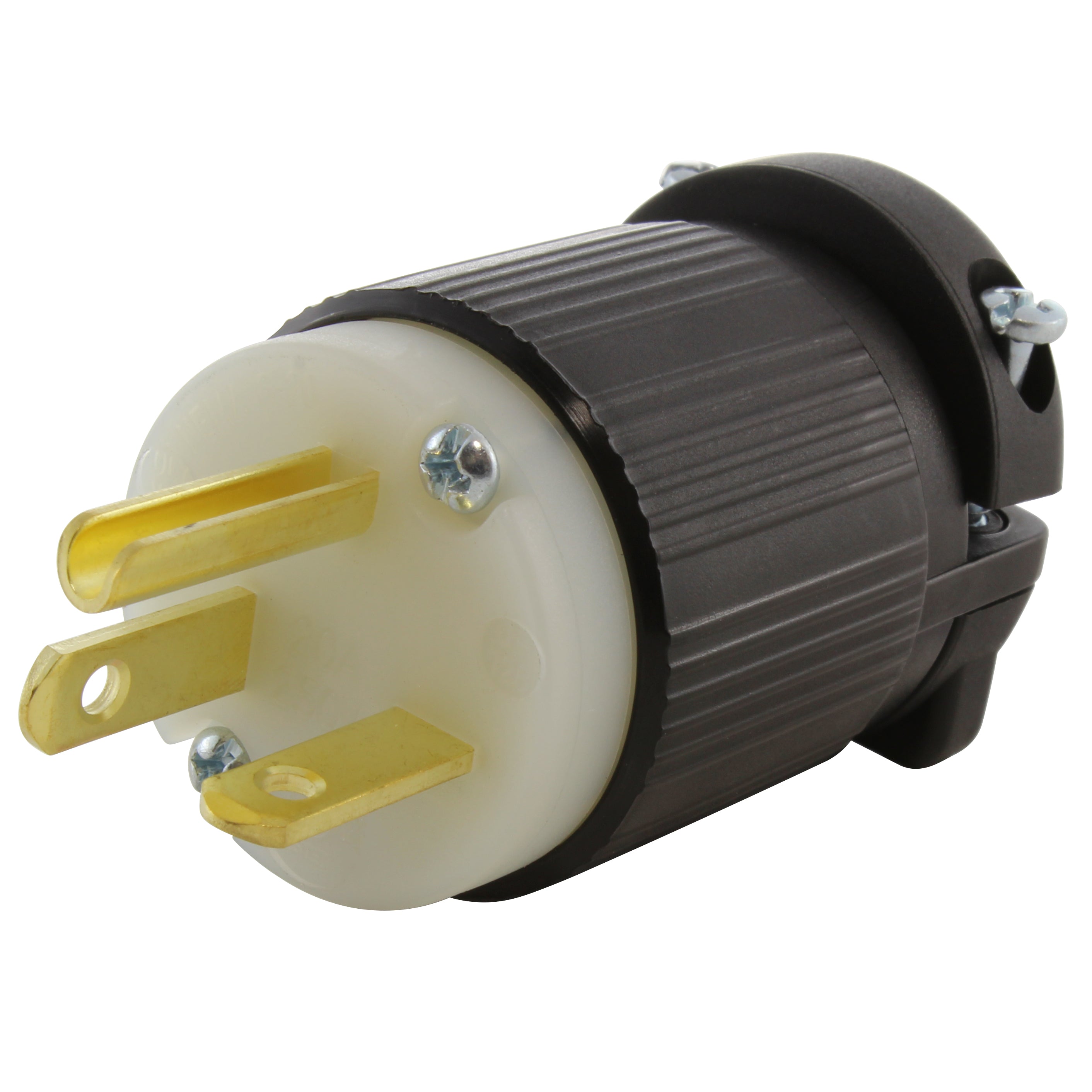
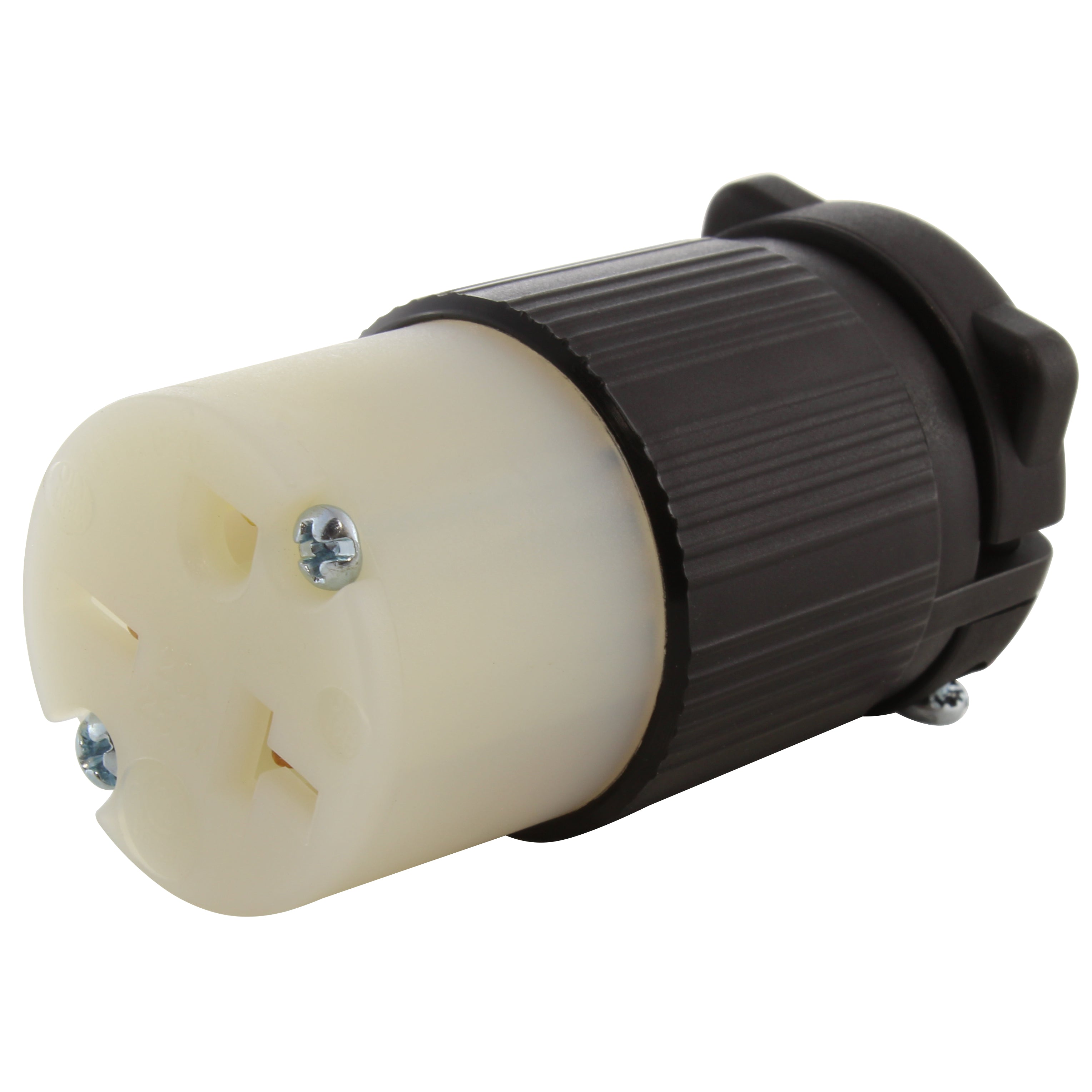
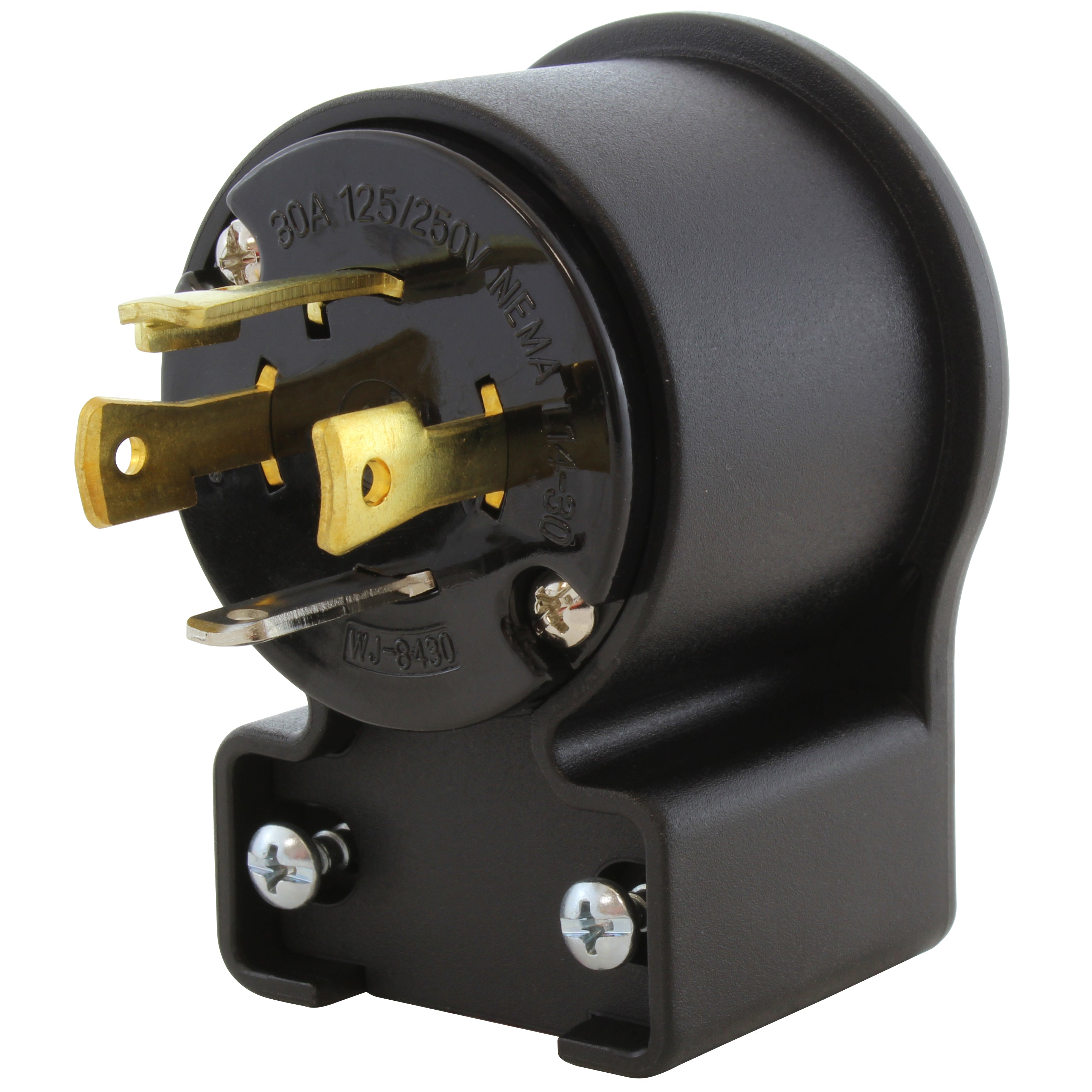
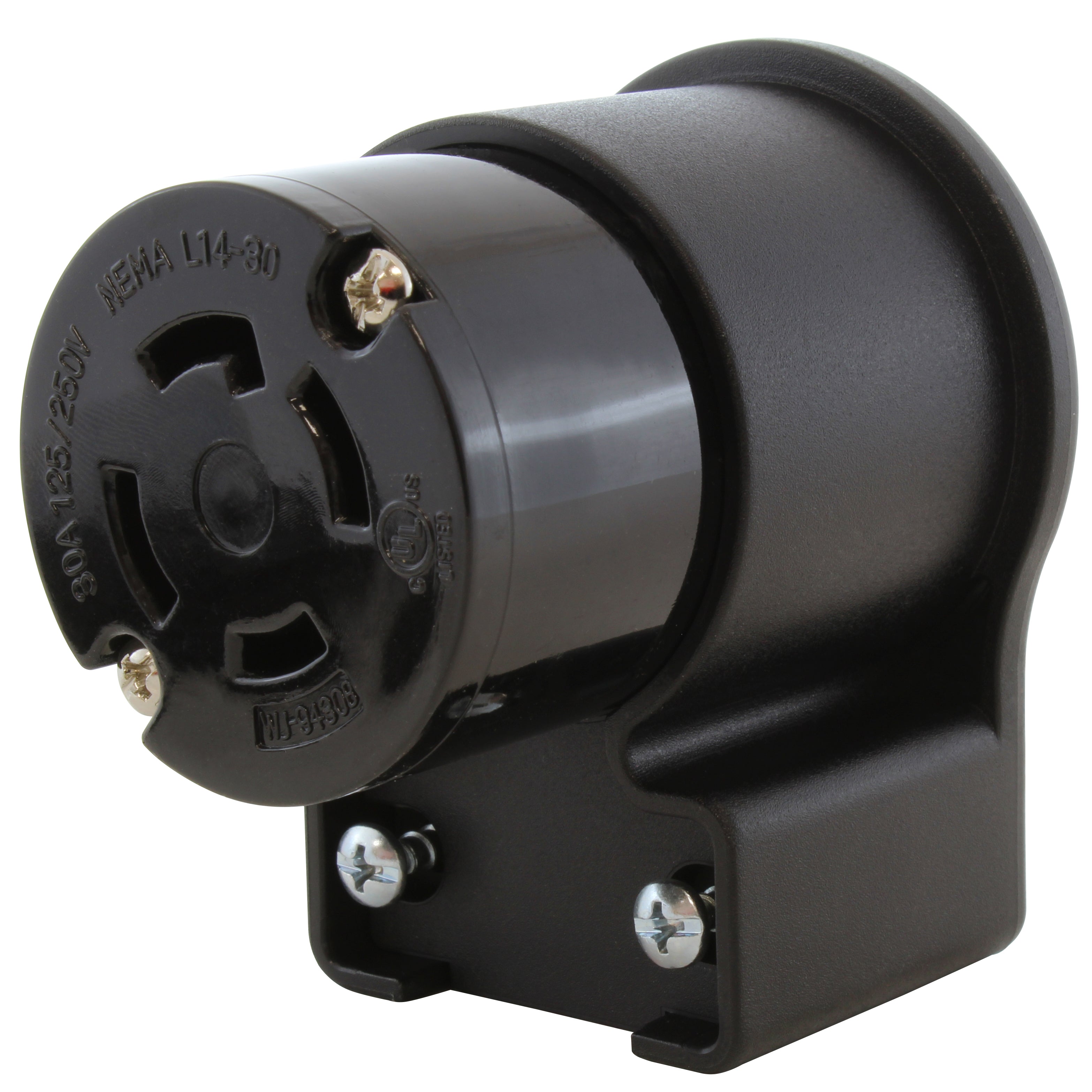
![AC WORKS® [ADL1430L630] 30A 125/250V NEMA L14-30P Locking Plug to L6-30R 30A 250V Locking Connector](http://acworks.com/cdn/shop/products/ADL1430L630-0.jpg?v=1667404626&width=2964)
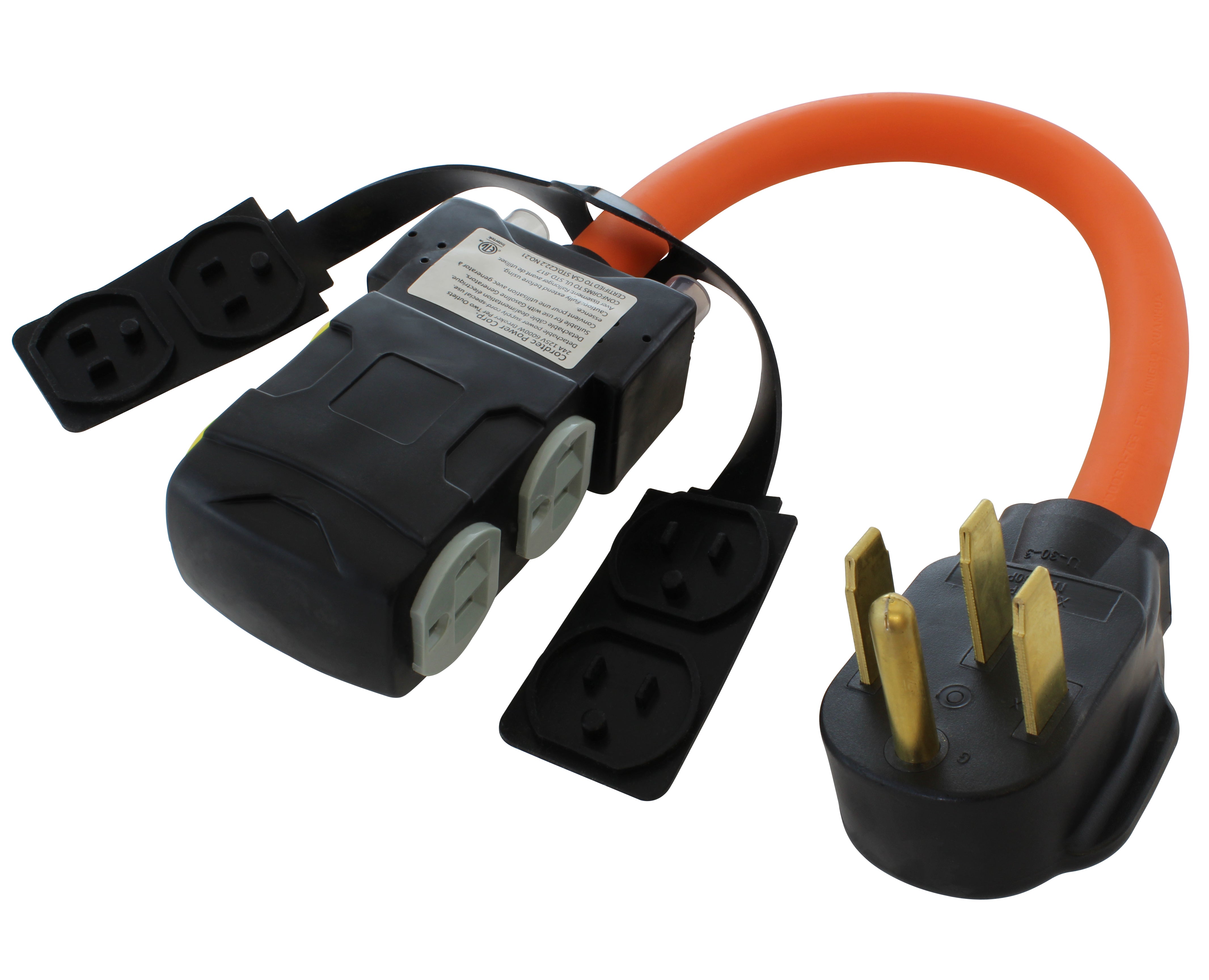
![AC WORKS® [ASINSS2PBX] 50A Locking 4-Wire CS6375/ SS2-50 Heavy-Duty Transfer Switch Inlet Box](http://acworks.com/cdn/shop/files/ASINSS2PBX-0_0206b362-7c90-42a5-8754-0685c13dab7e.jpg?v=1746043162&width=2500)
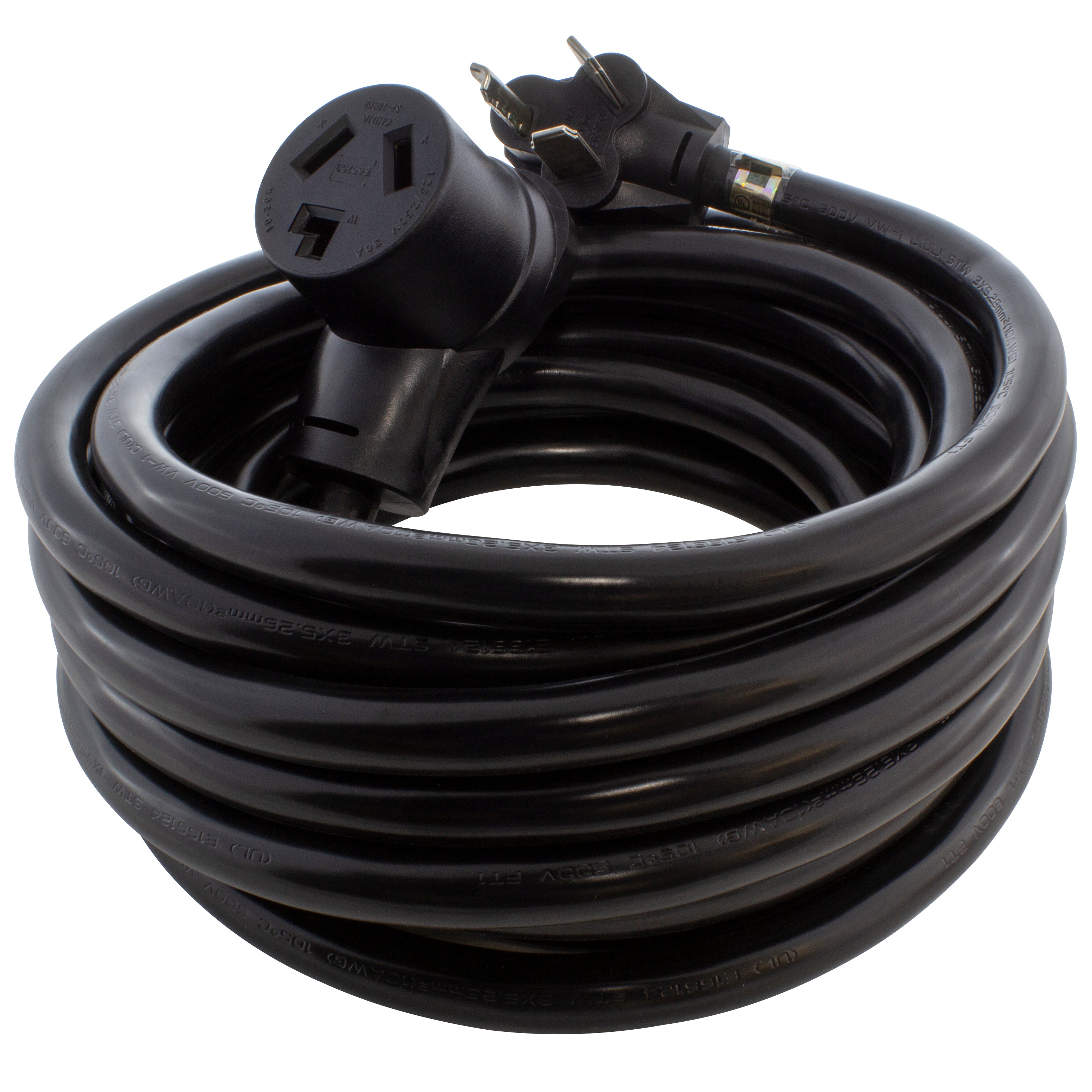
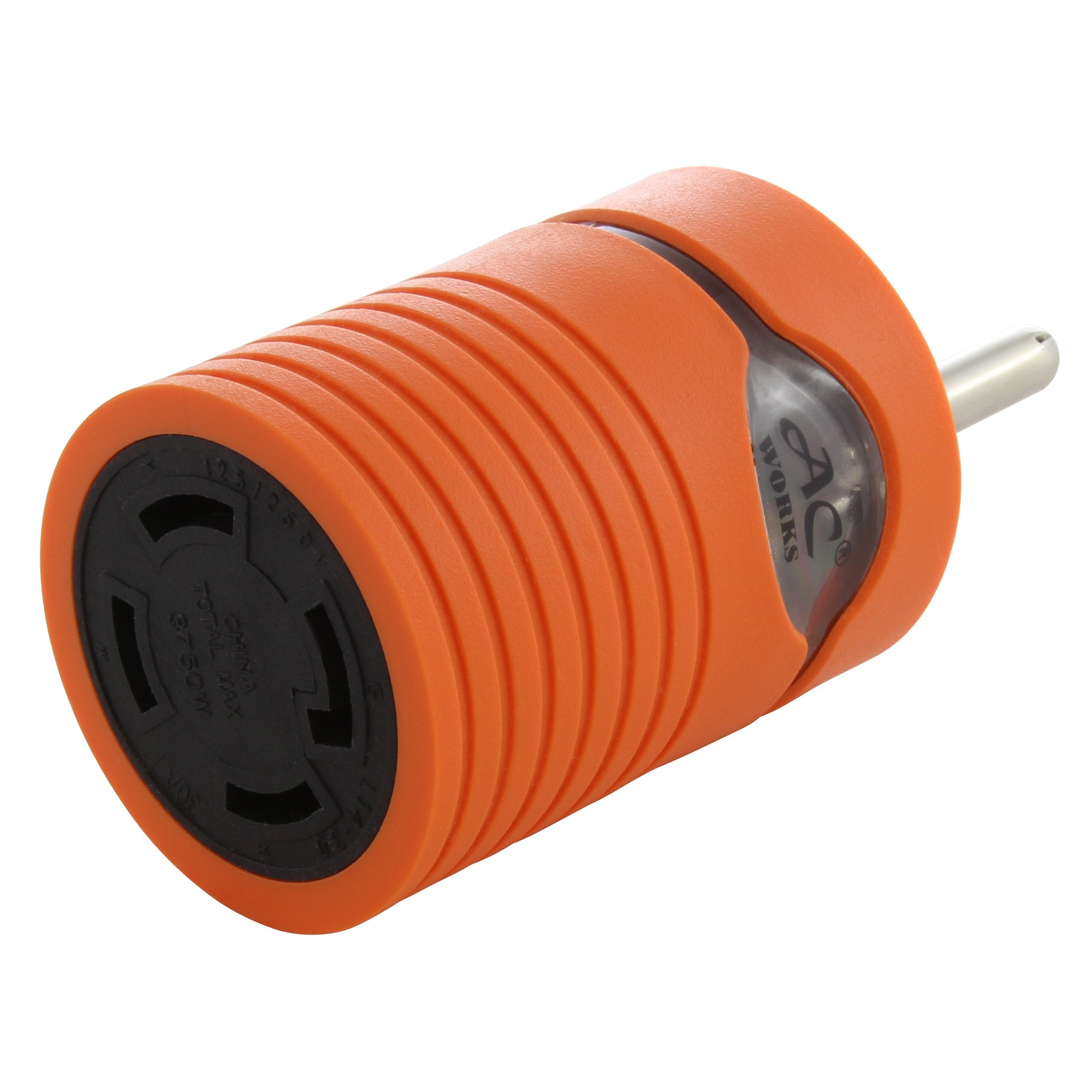
![AC WORKS® [S1430CBF520] 1.5FT 14-30P 4-Prong Dryer Plug to (4) Household Outlets with 24A Breaker](http://acworks.com/cdn/shop/products/S1430CBF520.jpg?v=1666103519&width=4656)
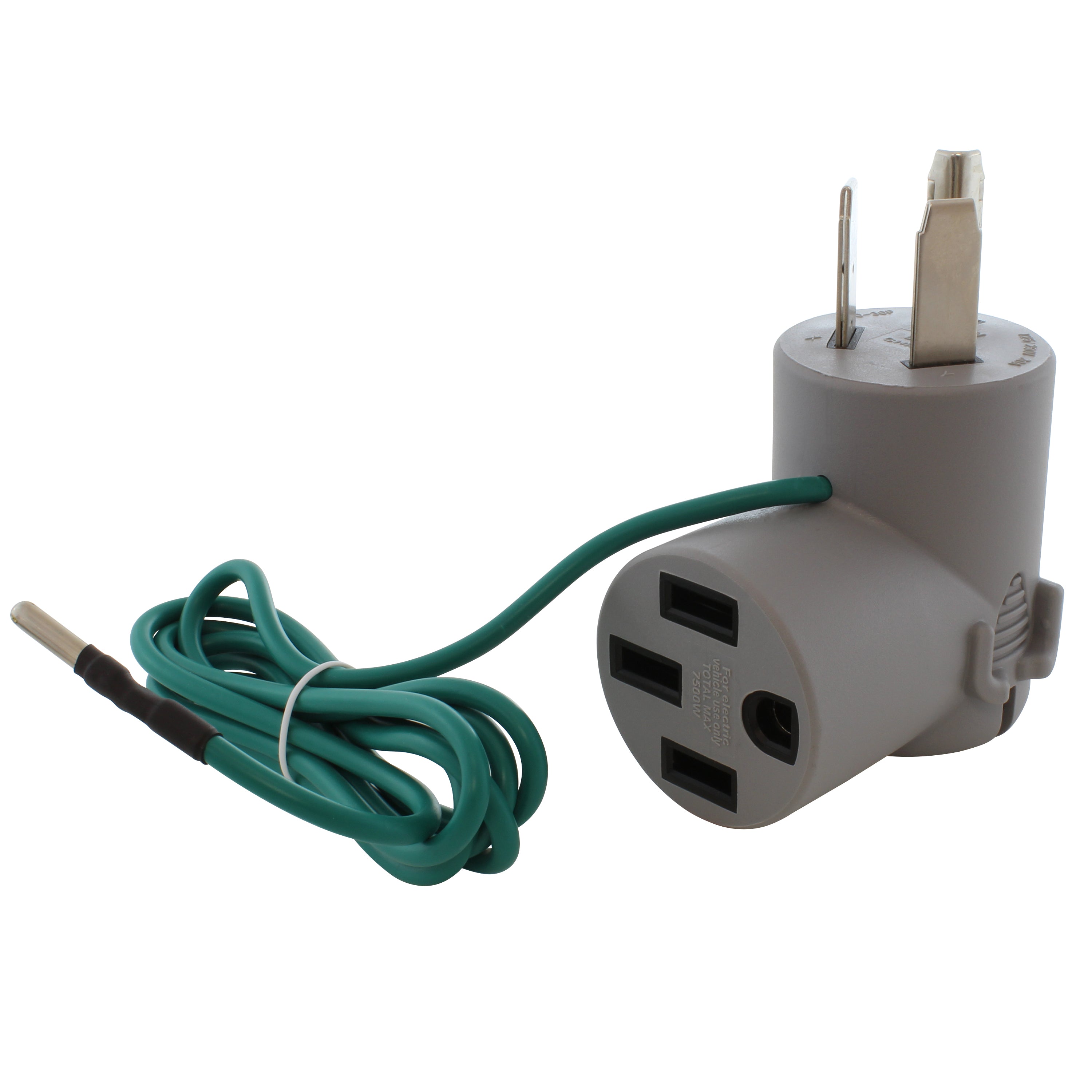
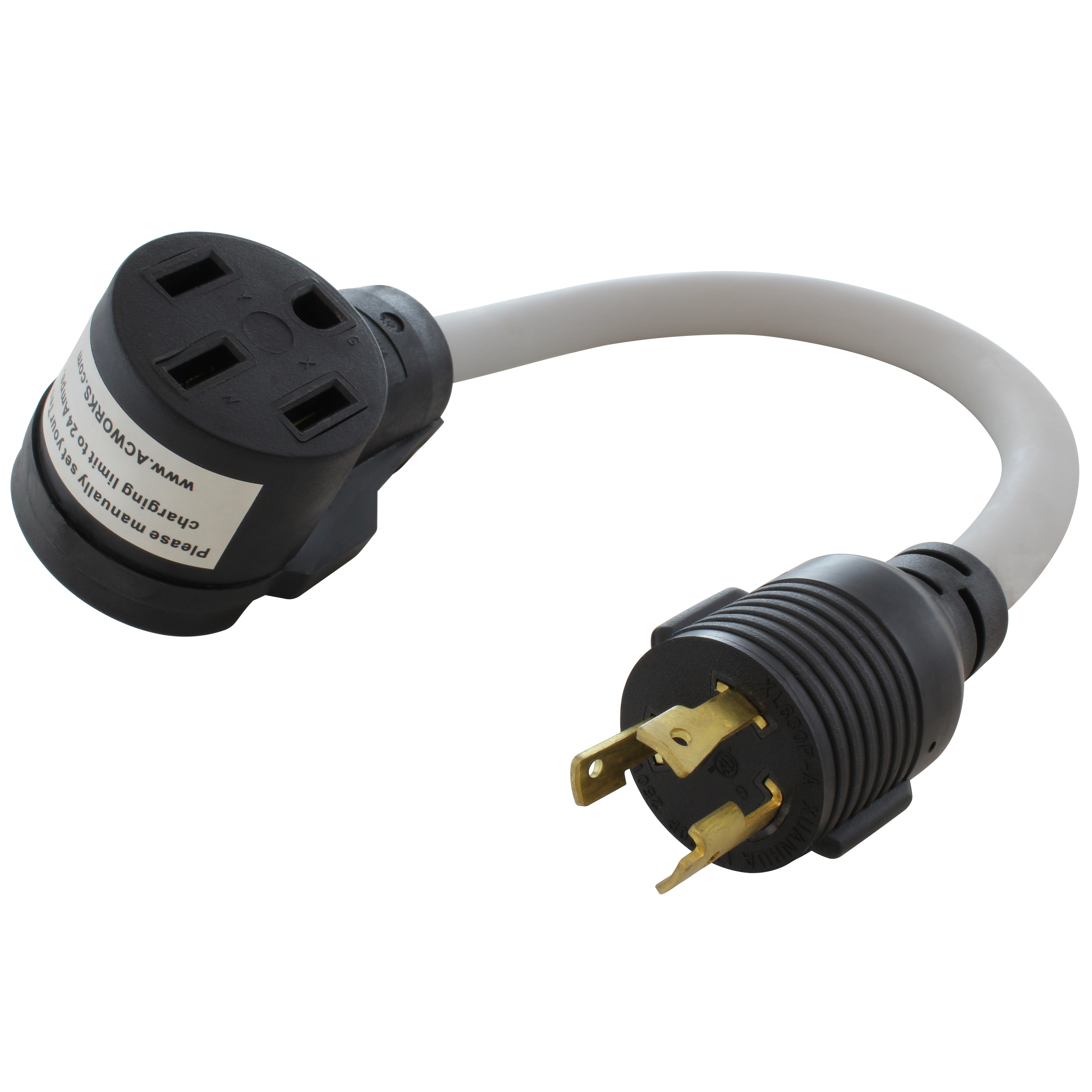
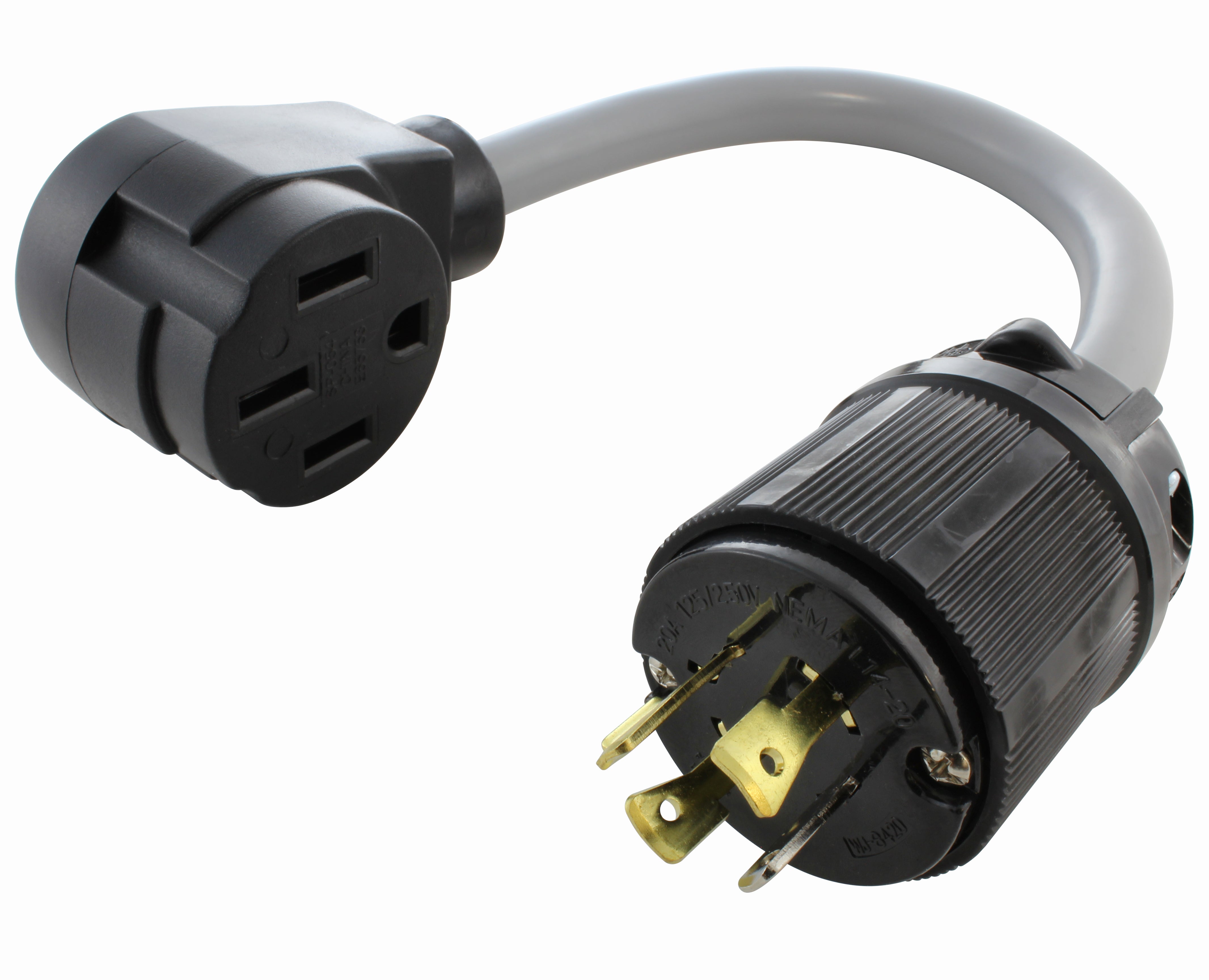
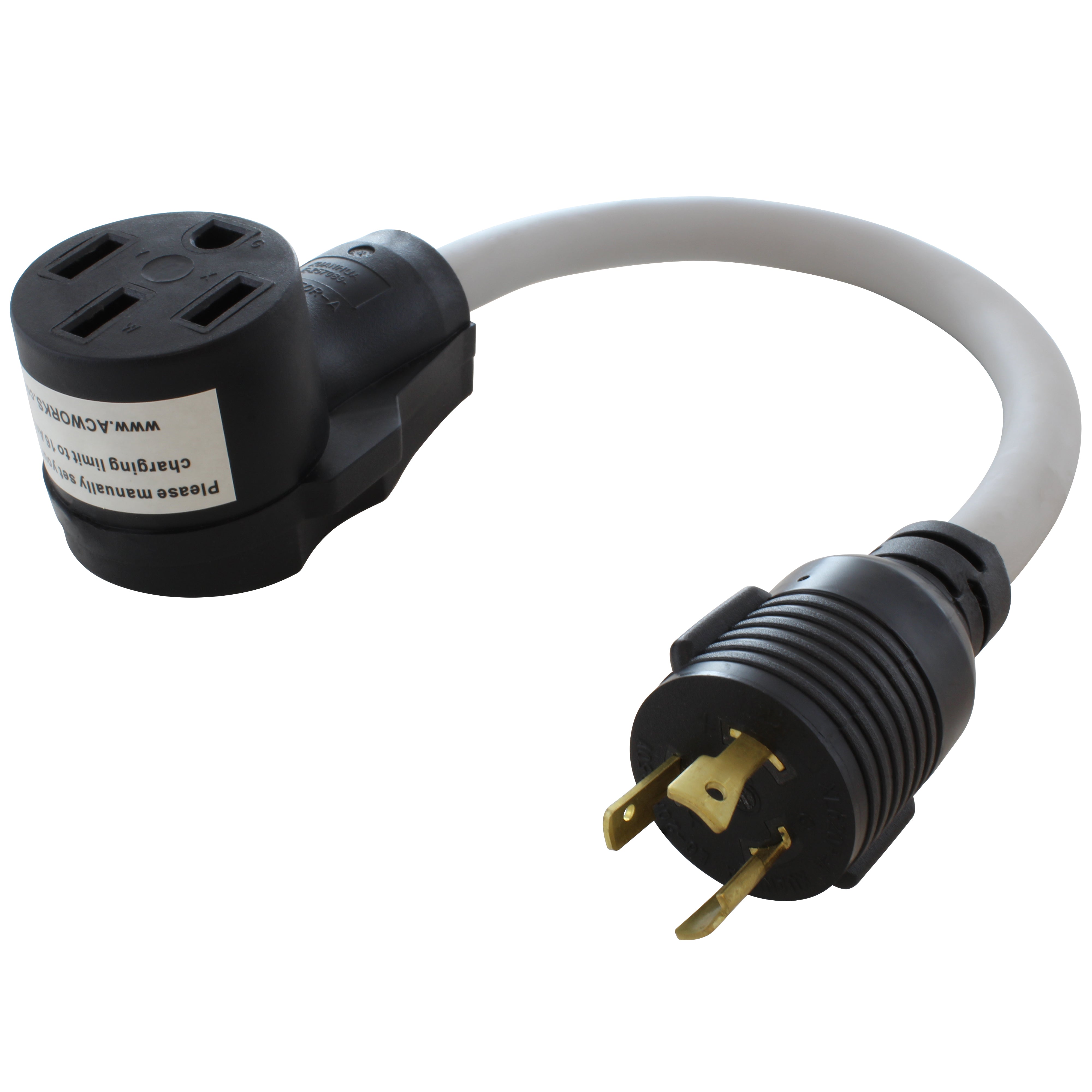
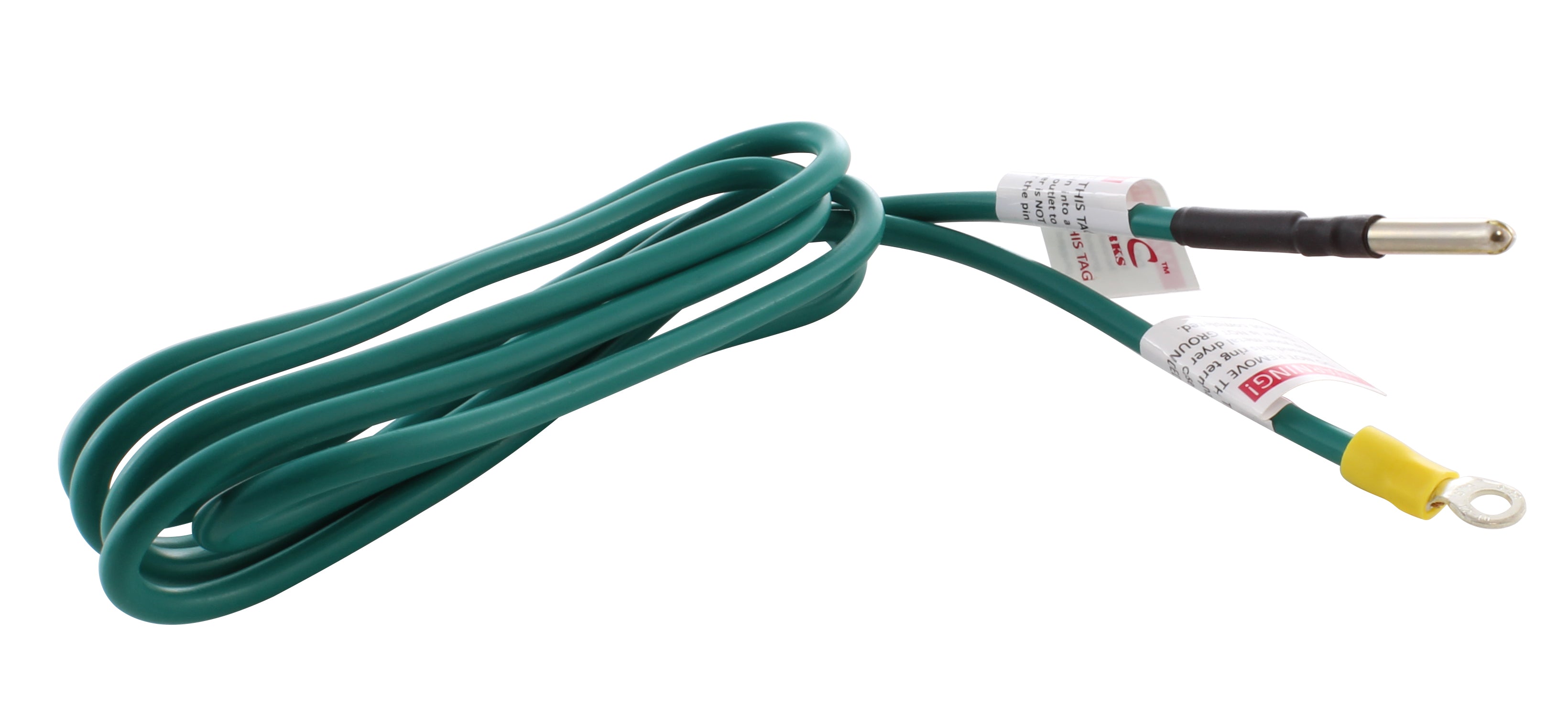
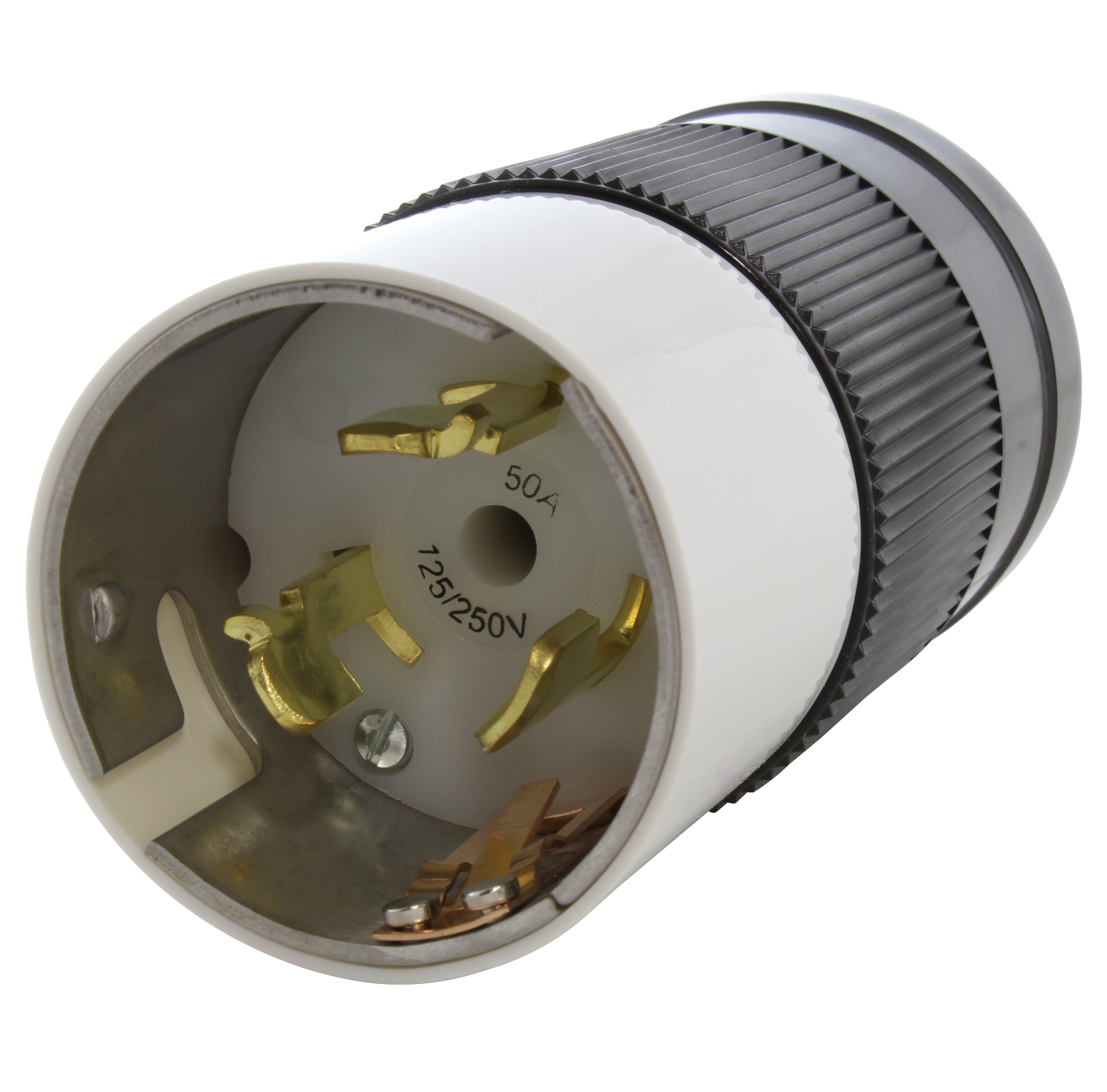
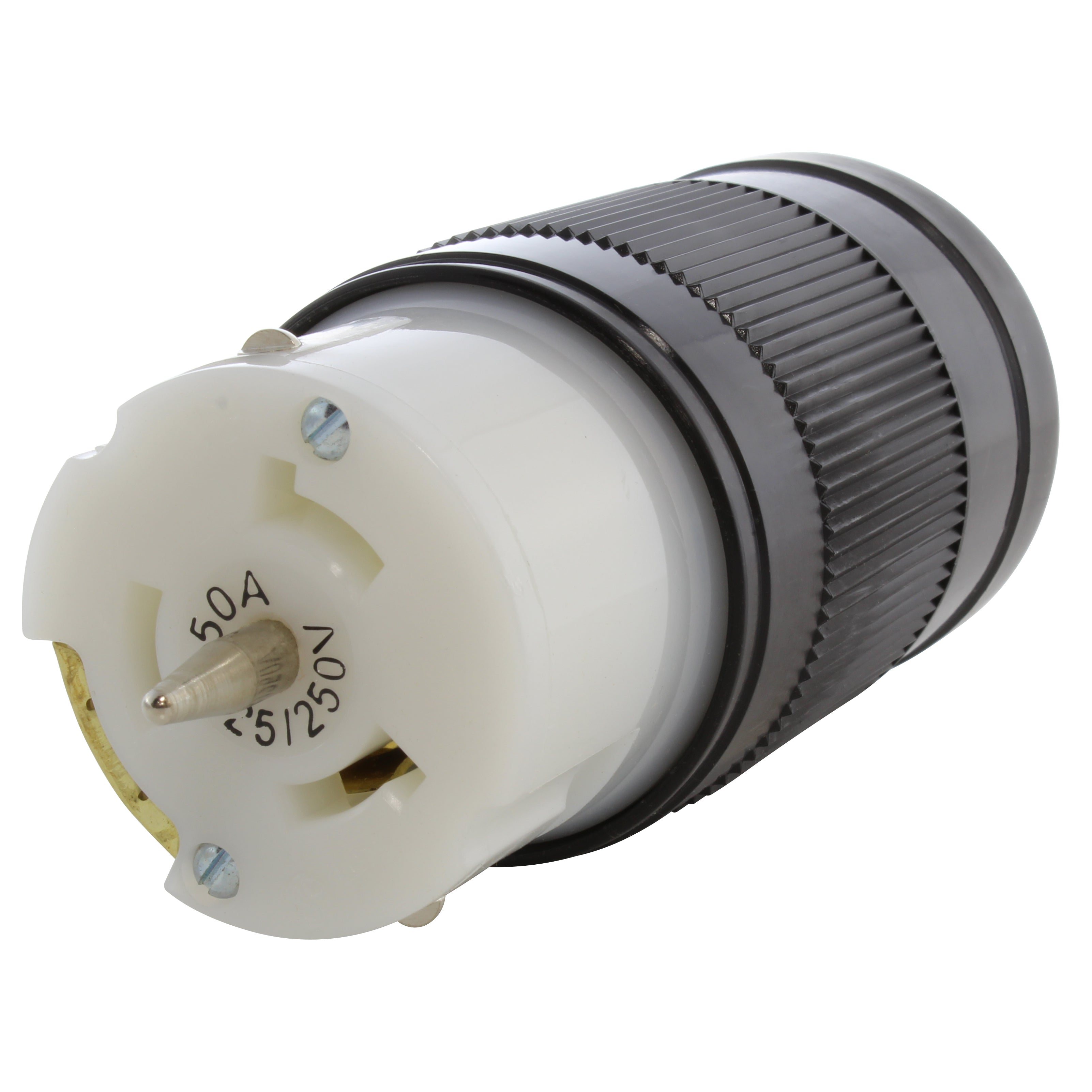
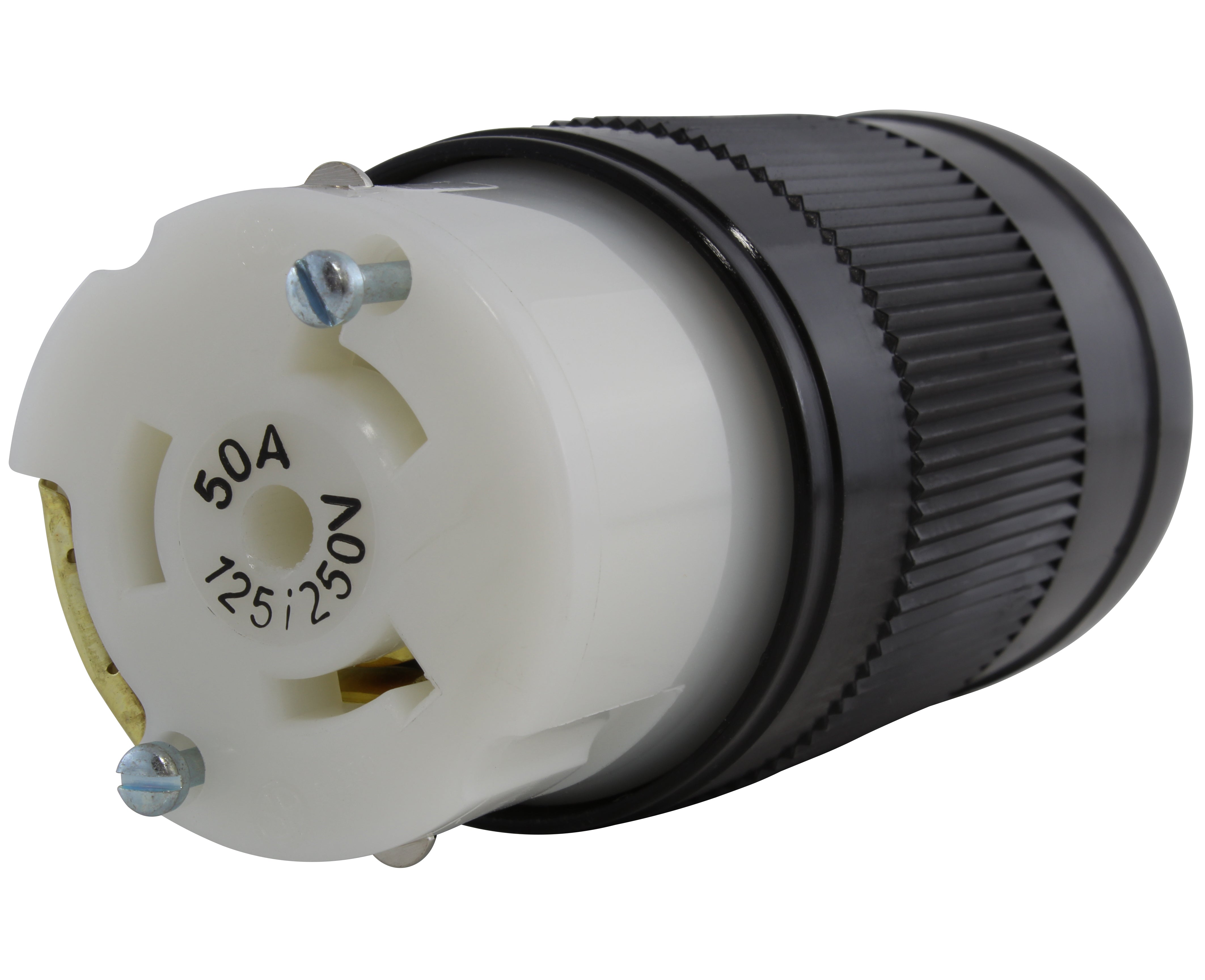
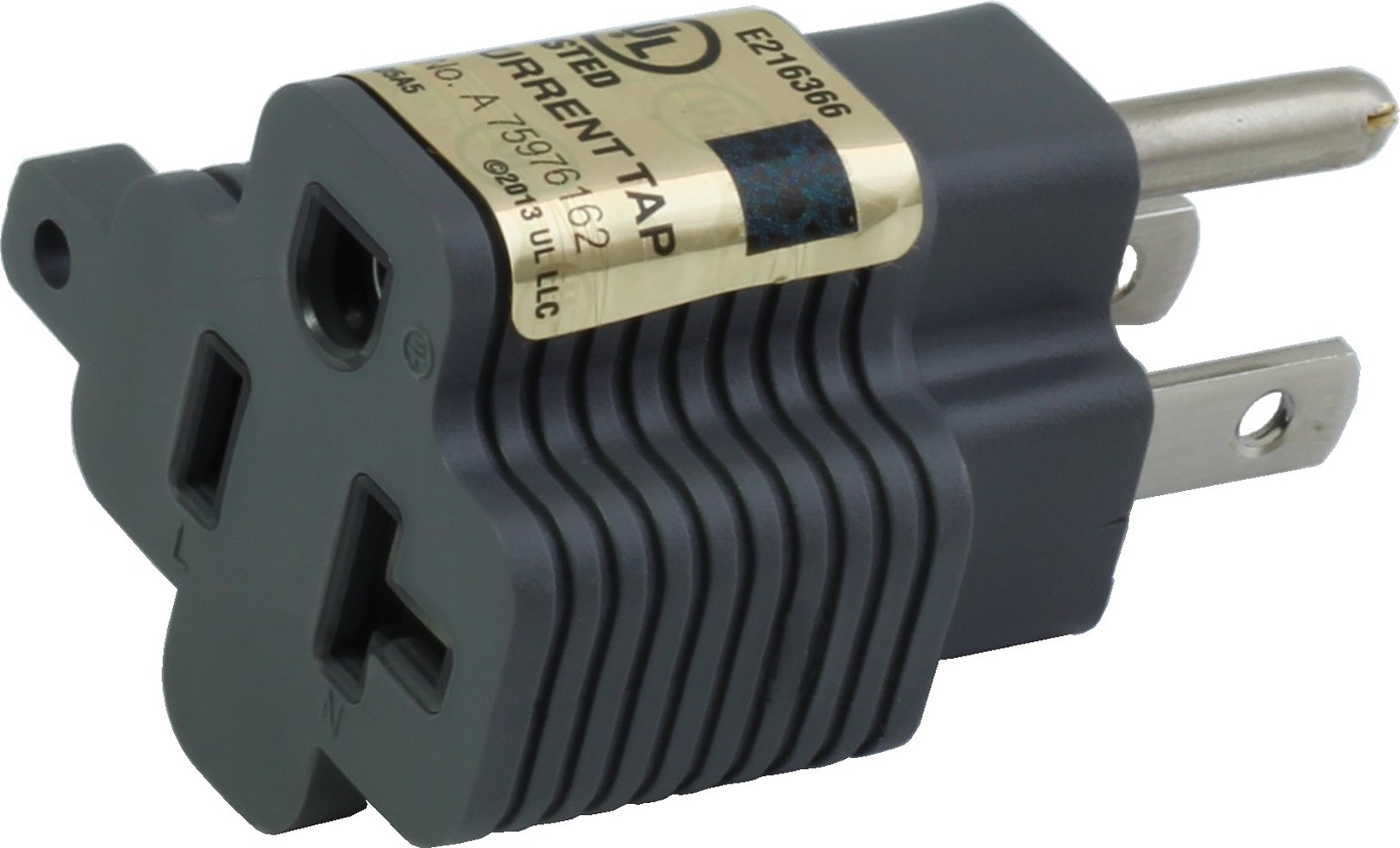
![AC WORKS® [ADV104] 3-Prong Heavy-Duty V-DUO Household Outlet Adapter](http://acworks.com/cdn/shop/products/ADV104-0.jpg?v=1605738768&width=3128)
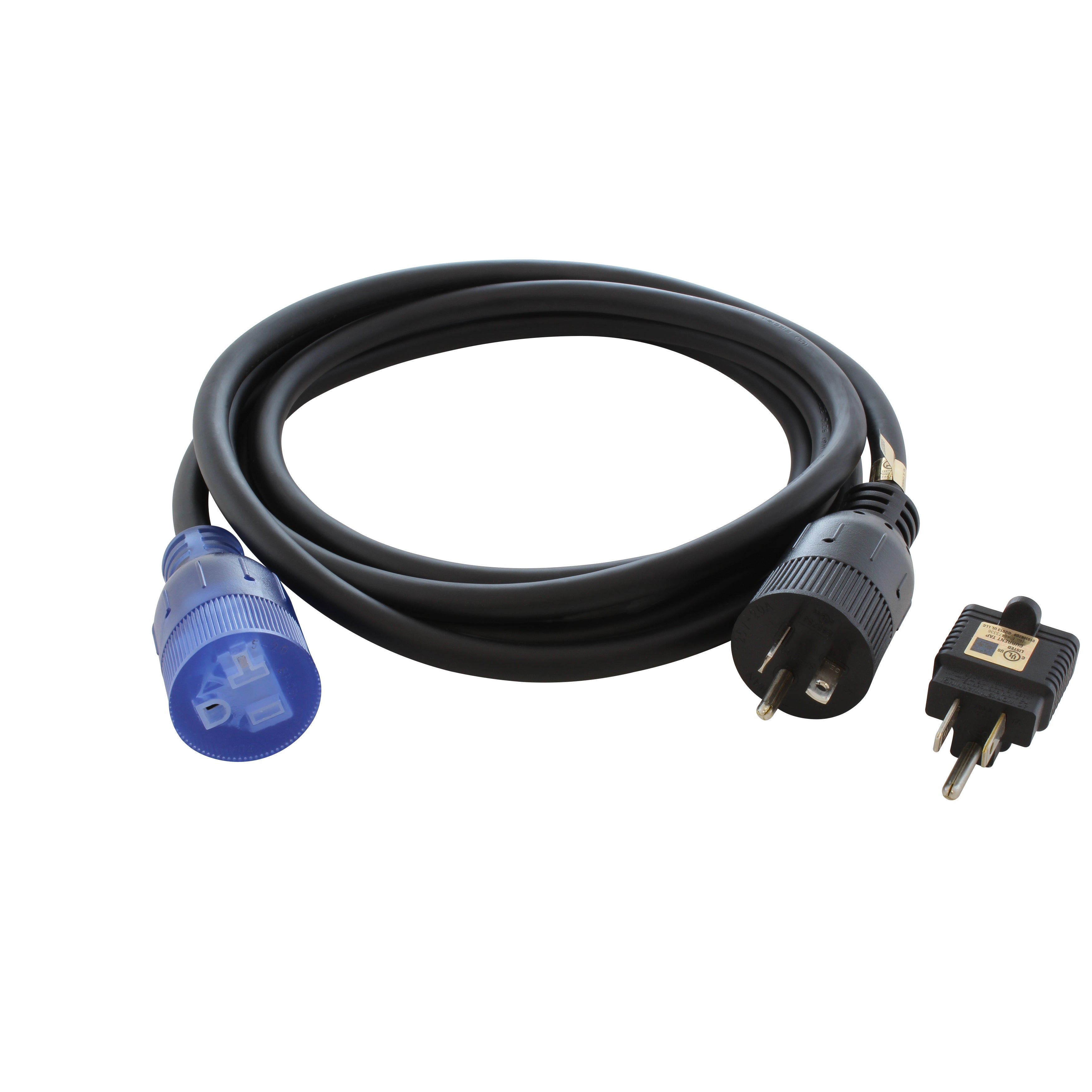
![AC WORKS® [XH515520] 15A to 15/20A 125 Volt Plug Adapter with ETL Safety Approval](http://acworks.com/cdn/shop/files/XH515520-0_daea425a-f439-48df-bb75-052167057f12.jpg?v=1729091519&width=2500)
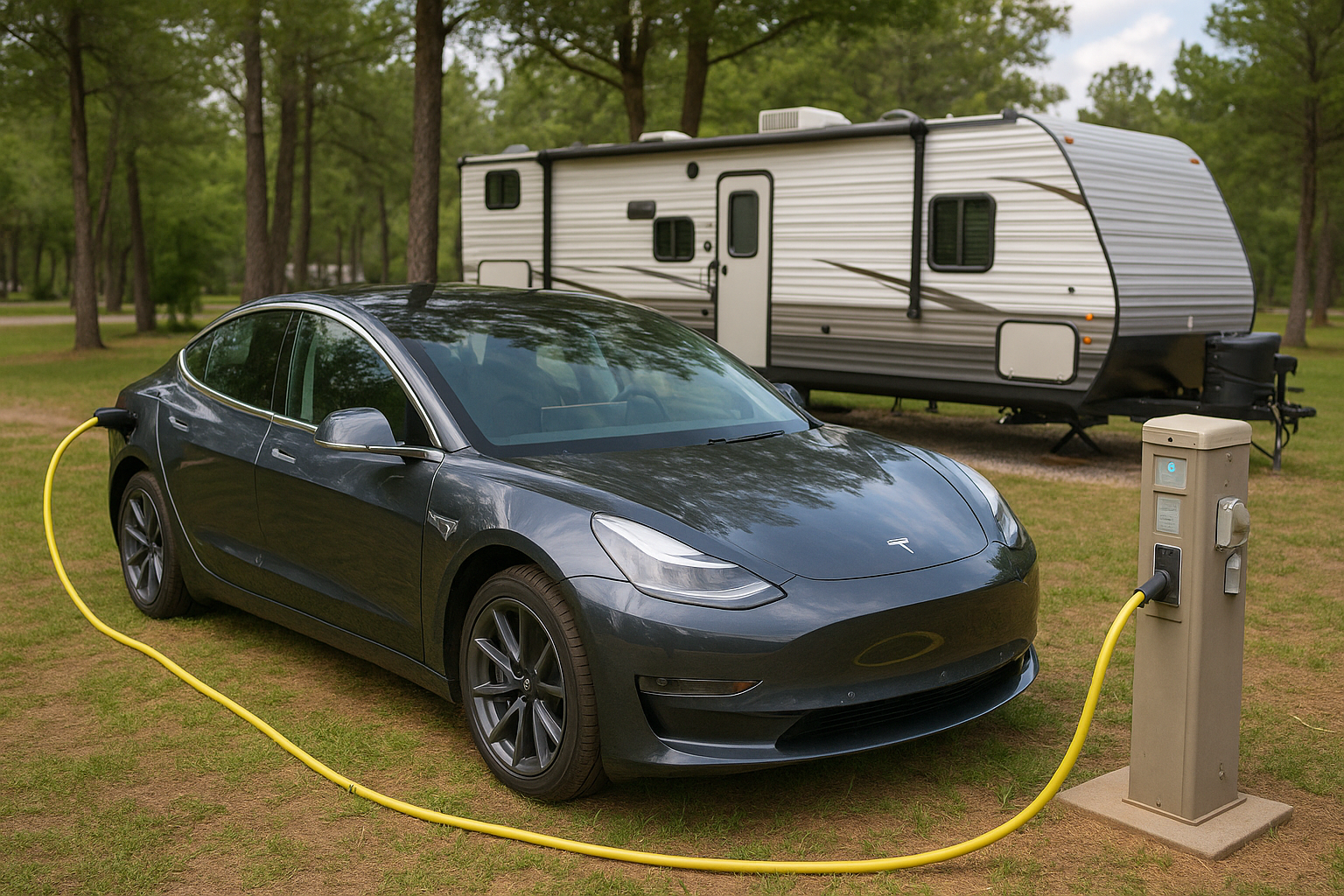
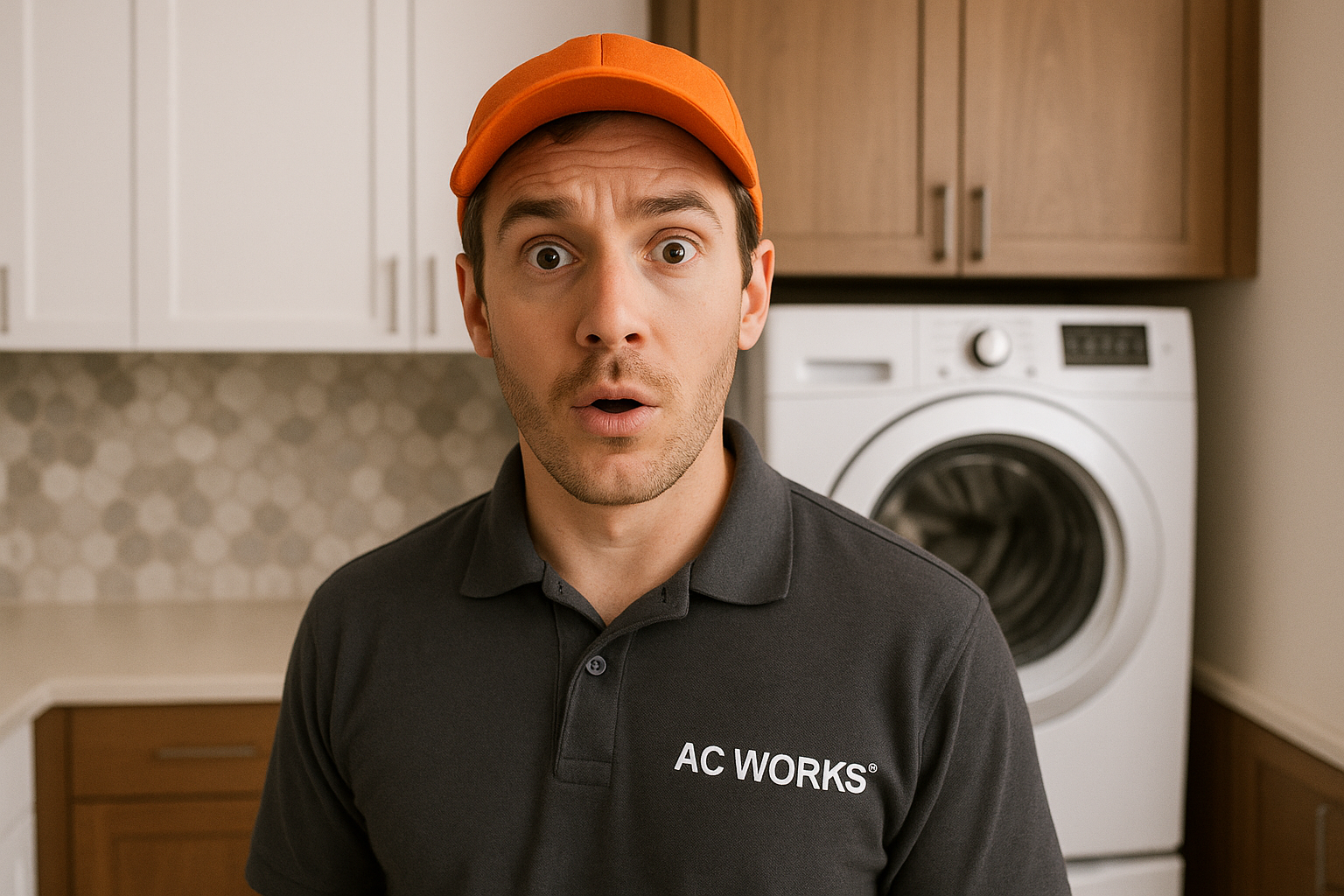

Share:
The Complete Guide to Powering Your AC Unit: Avoid These Common Mistakes
Preventing Strain on Your Power Cords: 4 Innovative Solutions